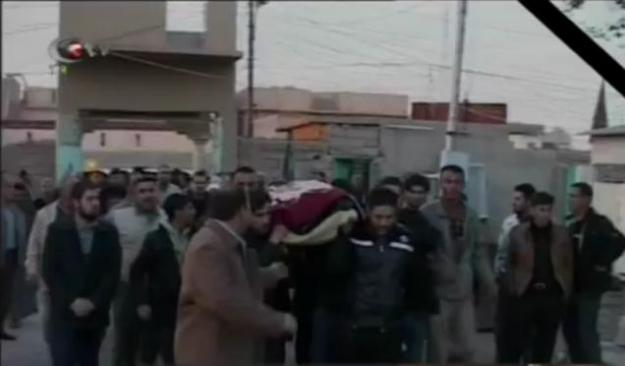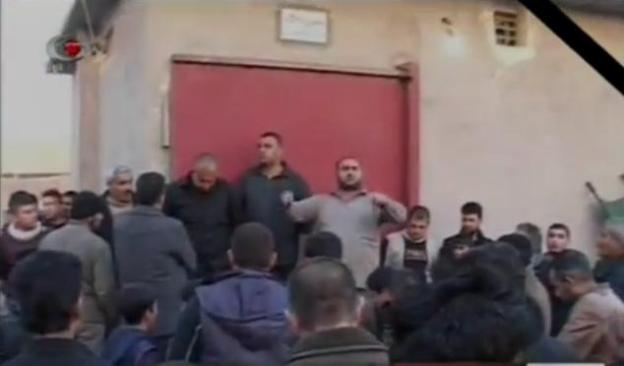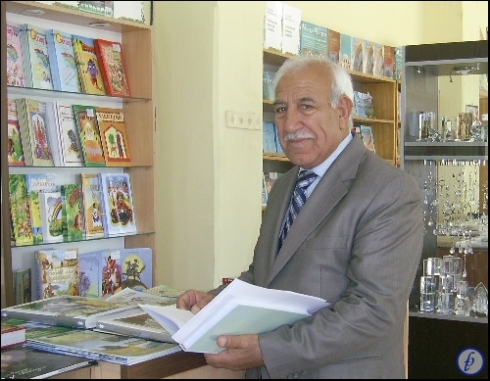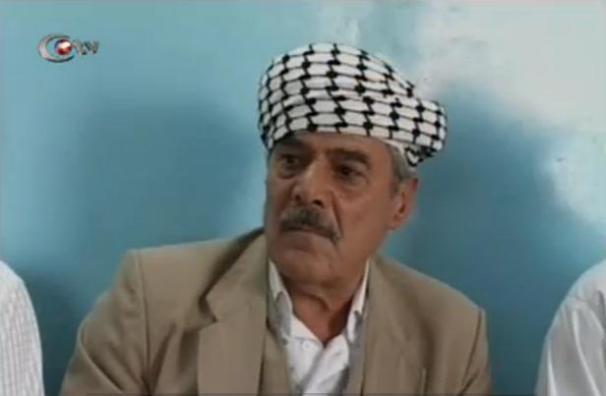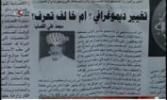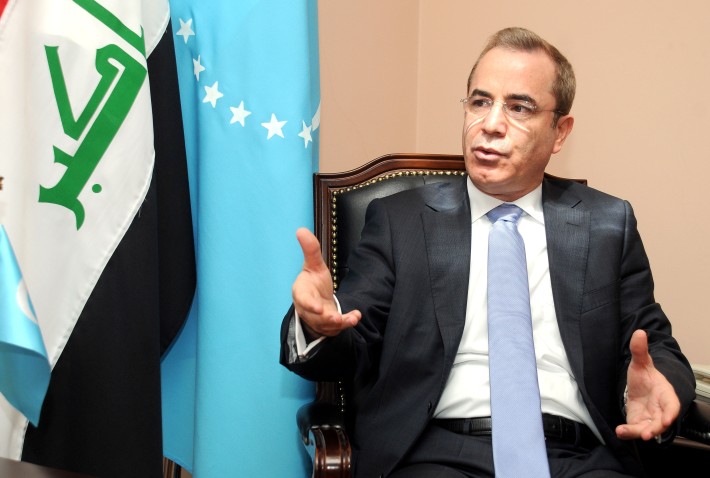A decade on from the US-led invasion of Iraq, the destruction caused by foreign
occupation and the subsequent regime has had a massive impact on Iraqis’ daily
life – the most disturbing example of which is violence against women. At the
same time, the sectarian regime’s policy on religious garb is forcing women to
retire their hard-earned rights across the spectrum: employment, freedom of
movement, civil marriage, welfare benefits, and the right to education and
health services.
Instead, they are seeking survival and protection for themselves and their
families. But for many, the violence they face comes from the very institution
that should guarantee their safety: the government. Iraqi regime officials
often echo the same denials of the US-UK occupation authorities, saying that
there are few or no women detainees. An increasing number of international
and Iraqi human rights organizations reports otherwise.
The plight of women detainees was the starting point for the mass protests
that have spread through many Iraqi provinces since 25 December 2012.
Their treatment by the security forces has been a bleeding wound – and
one shrouded in secrecy, especially since 2003. Women have been
routinely detained as hostages – a tactic to force their male loved ones to
surrender to security forces, or confess to crimes ascribed to them.
Banners and placards carried by hundreds of thousands of protesters
portray images of women behind bars pleading for justice.
According to Mohamed al-Dainy, an Iraqi MP, there was
1,053 cases of documented rape (pdf) cases by the occupying troops
and Iraqi forces between 2003 and 2007. Lawyers acting on behalf
of former detainees say that UK detention practices between 2003
and 2008 included unlawful killings, beatings, hooding, sleep
deprivation, forced nudity and sexual humiliation, sometimes
involving women and children. The abuses were endemic, allege
the detainees’ lawyers, arising from the
“systems, management culture and training” of the British military.
These same occupation forces trained Iraqi forces. Abuses often
occurred under the supervision of US commanders, who were
unwilling to intervene, as the Washington Post reported:
“Of all the bloodshed in Iraq, none may be more disturbing than
the campaign of torture and murder being conducted by
US-trained government police forces.”
Continue Reading For Iraqi women, America’s promise of democracy is anything but liberation…




